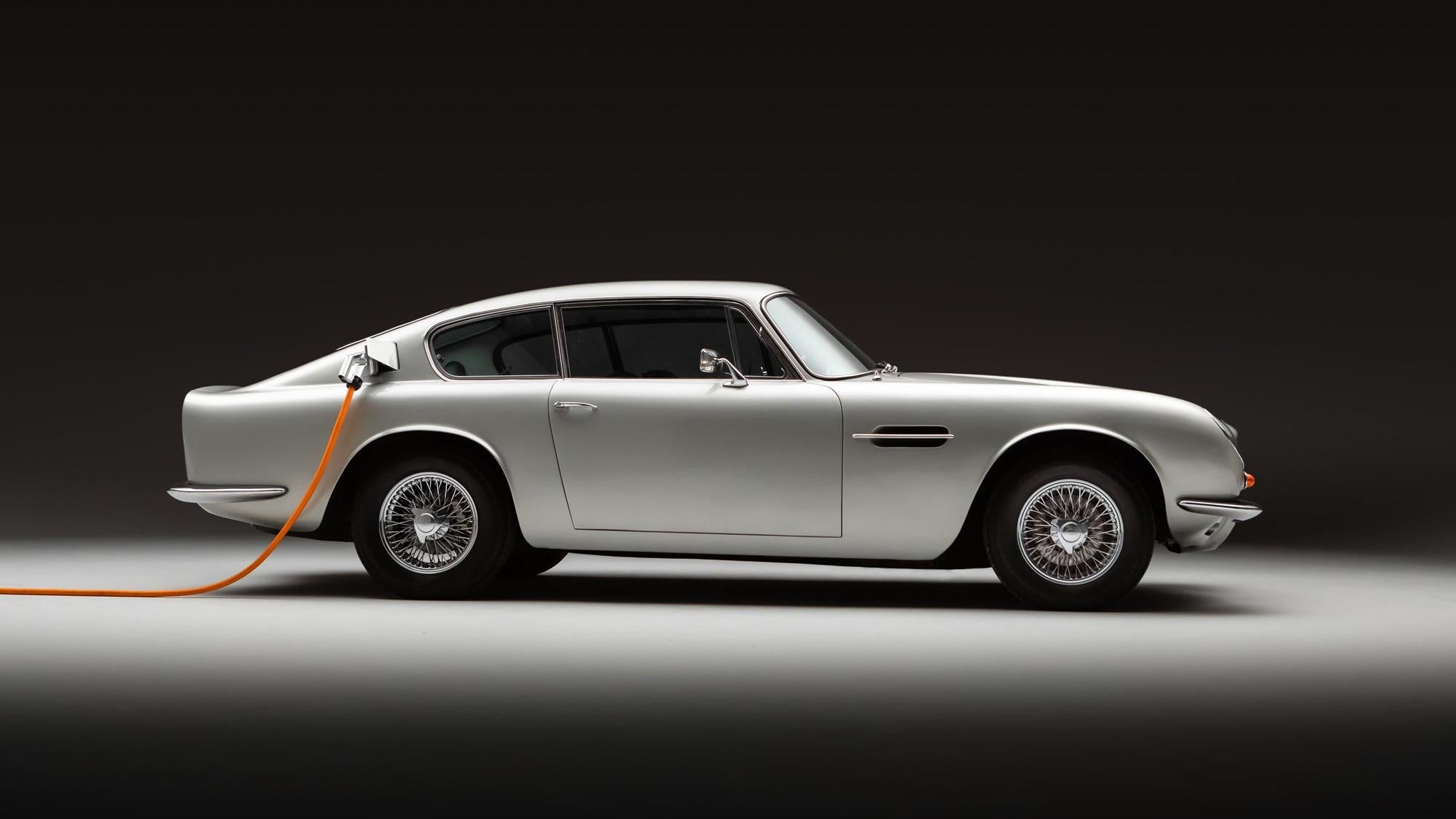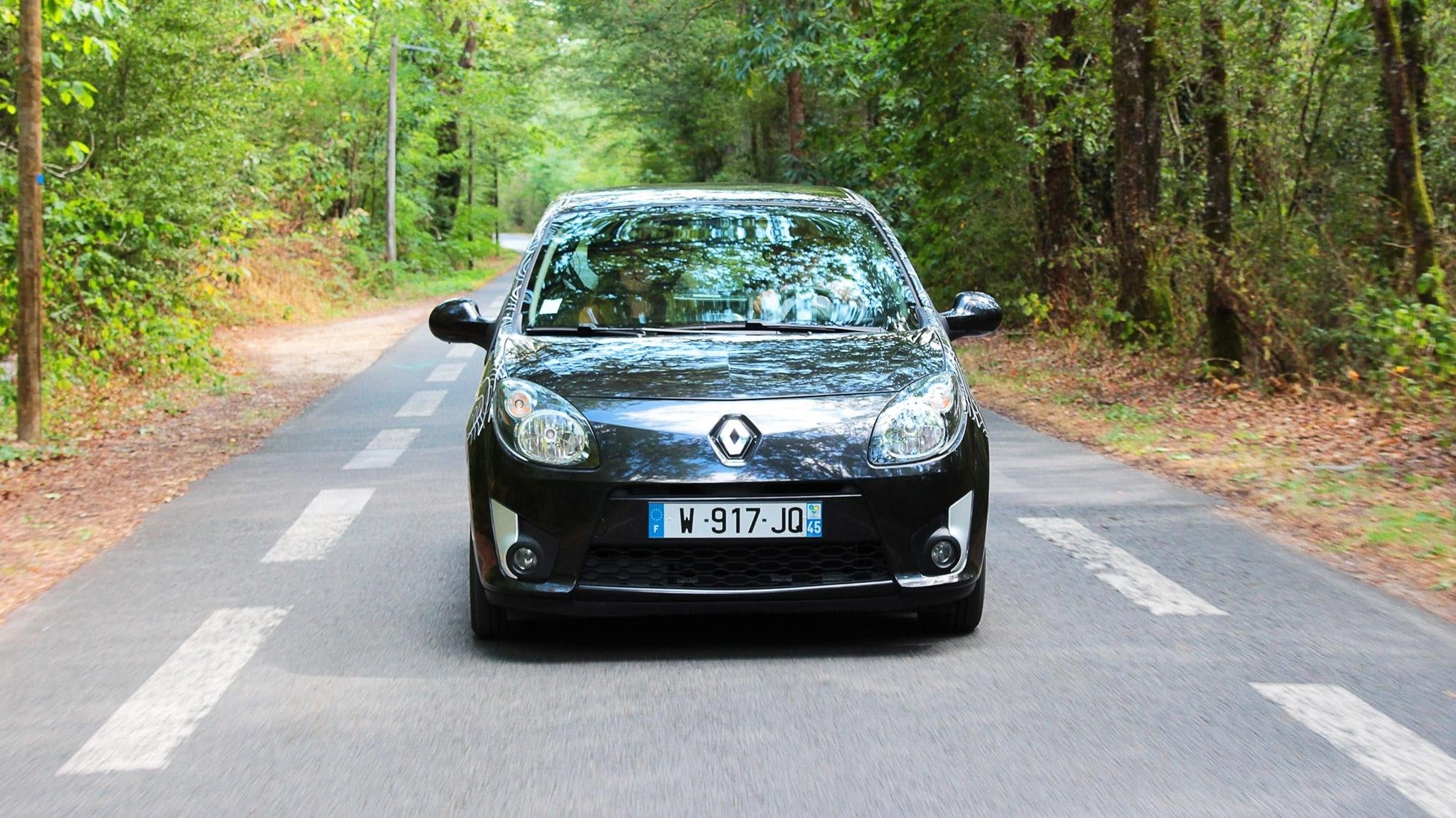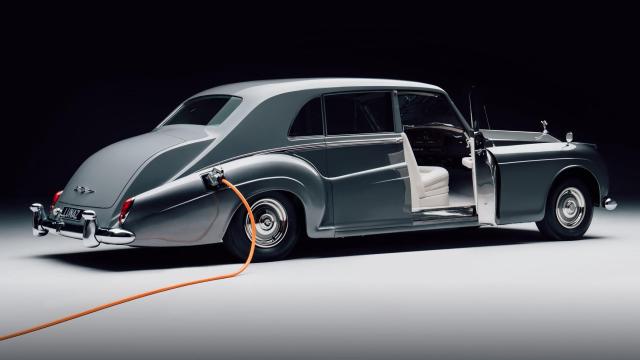The auto industry’s transition to electric is now a matter of “when” rather than “if,” which means millions of ICE cars will slowly become obsolete. This leads to the problem of what to do with those cars, prompting a cottage industry of EV conversion startups that claim to repurpose combustion powered cars, as Reuters reports. These conversions might be useful if they applied to average cars, but a lot of these startups are going in another direction first.
Some of these companies are going to repurpose cars like the Rolls Royce Phantom, and the Aston Martin DB6 and Porsche 911s from the ’60s. Because if there’s something the industry needs, it’s conversions for the many Phantoms, DB6s and 911s still out there, running errands and commuting.

Reuters references a couple of these companies, which are operating abroad and are targeting wealthy EV enthusiasts that also happen to collect classic cars. Or is it classic car collectors who are also EV enthusiasts? What’s the overlap there?
At the high end, there are companies like Britain’s Lunaz, which sells a “remanufactured” Aston Martin DB6 for £1 million (A$2 million), or the Dutch firm Voitures Extravert, which sells a reengineered 1960s Porsche 911 for €300,000 (A$480,535).
Obviously, converting ICE cars to EVs is not a zero-sum game, but it seems like a misstep to focus on collector cars too much. For starters, I doubt there are enough of them out there to make a difference in emissions.

But the other problem with these conversions is that there are probably not enough collectors who’d opt for the EV conversion of an iconic car. The draw of those machines is to operate them as they were conceived. To hear the exhaust note, and harness the controlled explosions under the hood — for better or worse. A classic car is a time capsule. Or, realistically, an asset with value that increases over time. I would imagine a heavily modified car isn’t worth as much.
In either case, these collector EVs don’t seem to have the potential for scale, and that’s forced some companies to try more viable conversions, per Reuters:
But Lunaz sees its future in commercial vehicles, and is building a new factory at Silverstone in central England, home to the British Grand Prix, to convert more than 1,000 diesel garbage trucks a year into upgraded electric models.
“Classic cars were the lightning rod to get us to market,” founder David Lorenz said. “But if you want to have a real impact, you’ve got to have scale.”
A garbage truck is not as sexy as an Aston DB6 but it’s way more useful, so it’s good that these companies are moving in that direction. They’re now joining others, like the French Transition-One, which started out converting mass-market cars from Fiat and Renault:
At the lower end, startups like France’s Transition-One have developed no-frills kits designed to electrify mass-market models like the Fiat 500 and Renault Clio in a few hours for about 8,000 euros. They are betting they can provide drivers with a cheaper and greener road to zero emissions than scrapping their car and buying a new one.
That’s where these conversions are going to make a difference, among ICE cars that people actually drive and rely on for daily transportation. Reuters even mentions that after government subsidies, the conversions from Transition-One could cost as little as €5,000, or close to A$8,010.
That amount of money looks like a rounding error against the cost of the classic or collector car conversions. Targeting those boring and perfectly unremarkable cars is what we should be doing. Because on the whole, the most exciting EV is going to be the boring one.

